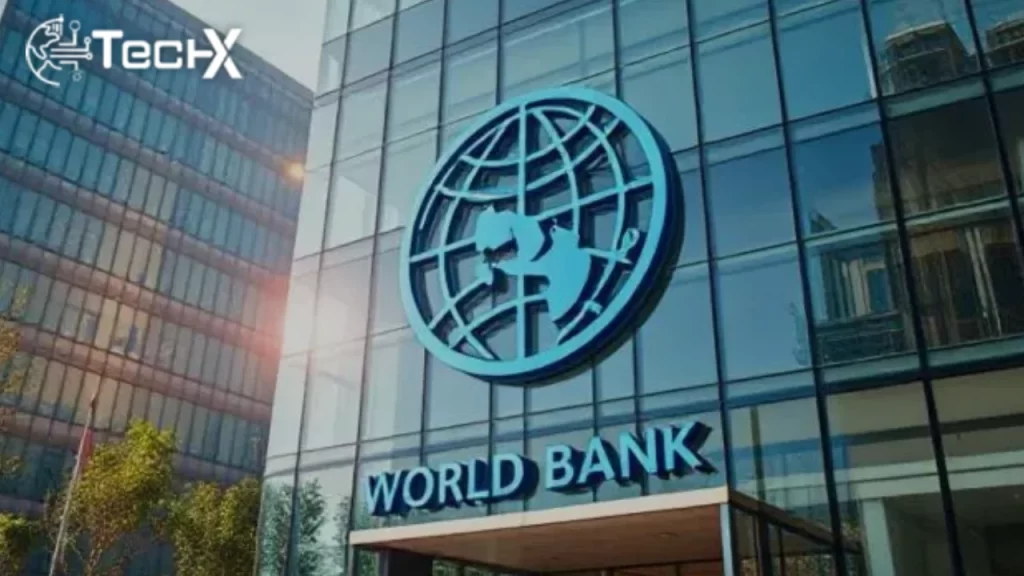The World Bank has approved $78 million for the Khyber Pakhtunkhwa Rural Accessibility Project (KPRAP). This funding aims to rehabilitate and upgrade rural roads, ensuring climate-resilient transportation. Improved infrastructure will enhance access to schools, healthcare, and markets, benefiting remote communities. Additionally, safer transport for girls will promote education and reduce mobility barriers. Approximately 1.76 million people are expected to gain from these upgrades.
Boosting Education and Economic Opportunities
The project prioritizes girls’ education by providing safe transport solutions, addressing gender disparities in rural mobility. Better roads will connect communities to job markets, fostering economic growth. Muhammad Bilal Paracha, Task Team Leader, emphasized the project’s role in empowering women and improving livelihoods. Enhanced accessibility will also strengthen disaster resilience, ensuring uninterrupted access to essential services during emergencies.
$30 Million to Strengthen Sustainable Tourism
The Khyber Pakhtunkhwa Integrated Tourism Development Project (KITE) will receive $30 million. This funding will complete two key roads, improving access to scenic tourist destinations. The initiative also supports technical assistance and capacity building for tourism stakeholders. By enhancing infrastructure and digital platforms, KITE aims to boost heritage conservation and destination management, making tourism more sustainable and inclusive.
Also Read: Deadline Announced for Rawalpindi Ring Road Completion
Promoting Responsible Tourism and Local Employment
Kiran Afzal, Task Team Leader for KITE, highlighted the project’s focus on responsible tourism. Improved roads and tourist facilities will create jobs and training opportunities for locals. The initiative also preserves cultural heritage while integrating digital solutions for better tourism management. By engaging public and private sectors, KITE ensures long-term economic benefits for communities in Khyber Pakhtunkhwa.
A Holistic Approach to Regional Development
Najy Benhassine, World Bank Country Director for Pakistan, stressed the broader impact of these projects. Improved roads and disaster resilience enhance access to healthcare and education while boosting economic stability. The initiatives align with Pakistan’s development goals, fostering inclusive growth. By empowering communities and preserving heritage, the World Bank and Pakistani government aim to build long-term regional resilience.
Strengthening Pakistan’s Partnership with the World Bank
The $108 million financing reflects the strong collaboration between Pakistan and the World Bank. These projects prioritize sustainability, gender equality, and economic growth. By investing in infrastructure and tourism, the partnership aims to uplift rural communities and promote equitable development. The initiatives demonstrate a shared commitment to resilience, innovation, and inclusive progress in Khyber Pakhtunkhwa.
Conclusion
The World Bank’s funding marks a significant step in Khyber Pakhtunkhwa’s development. Improved roads and tourism infrastructure will enhance livelihoods, education, and economic opportunities. These projects underscore the importance of sustainable, inclusive growth in Pakistan’s remote regions. With continued collaboration, such initiatives can drive long-term prosperity and resilience for local communities.
